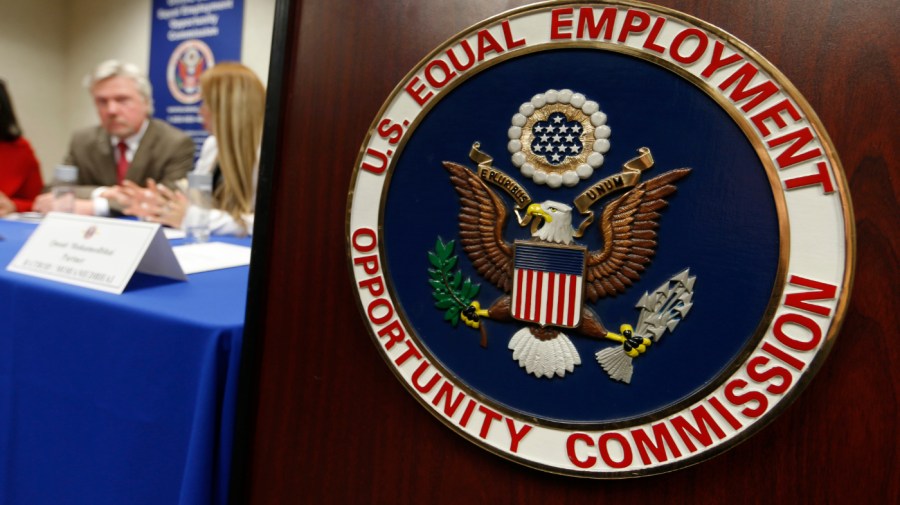The Equal Employment Opportunity Commission (EEOC) is making significant changes by stepping back from longstanding precedents regarding discrimination claims. This shift allows American workers facing disparate impact issues to pursue legal action in court, despite the EEOC’s decision to withdraw its support for these types of claims.
The EEOC’s new direction represents a departure from its previous approach, which has been in place for decades. Historically, the commission has served as a vital advocate for workers, providing a pathway for individuals to address discrimination in the workplace. With the agency now reconsidering its role, many are left questioning the implications for those seeking justice under existing laws.
Despite the EEOC’s decision, the court system remains accessible for workers with valid disparate impact claims. Legal experts emphasize that individuals should not hesitate to seek legal representation if they believe they have been unfairly treated in their workplace. The importance of securing a knowledgeable attorney cannot be overstated, as the legal landscape surrounding discrimination claims is shifting.
Understanding Disparate Impact Claims
Disparate impact claims arise when employment practices disproportionately affect a particular group without a justifiable reason. For example, if a company’s hiring policies inadvertently disadvantage a specific racial group, it could open the door for legal challenges. These claims have historically been a crucial part of civil rights law, enabling workers to contest policies that may not appear discriminatory at first glance.
Legal scholars indicate that the EEOC’s recent actions could create barriers for workers seeking to file such claims. For many, the EEOC has provided a crucial avenue for preliminary complaints. With the agency stepping back, the responsibility now falls more heavily on individuals to pursue their rights through the courts.
While the EEOC’s move may be seen as a setback, advocates for workers’ rights are urging individuals to remain vigilant and proactive in pursuing their claims. They stress the importance of understanding one’s rights and the available legal avenues.
The Path Forward for Workers
As the landscape changes, workers should stay informed about their rights and the legal options available to them. Organizations specializing in employment law can provide guidance and insight into navigating this shifting environment. Legal representation will be key, as navigating the court system can be complex, especially for individuals unfamiliar with legal procedures.
In light of the EEOC’s decision, workers are encouraged to document instances of potential discrimination and seek advice from qualified attorneys. By taking these proactive steps, individuals can better position themselves to address issues of workplace discrimination effectively.
In conclusion, while the EEOC’s withdrawal from supporting disparate impact claims marks a notable change, the courts remain open for American workers seeking justice. With the right legal support, individuals can continue to fight against discrimination in their workplaces, ensuring their rights are upheld in an evolving legal landscape.







